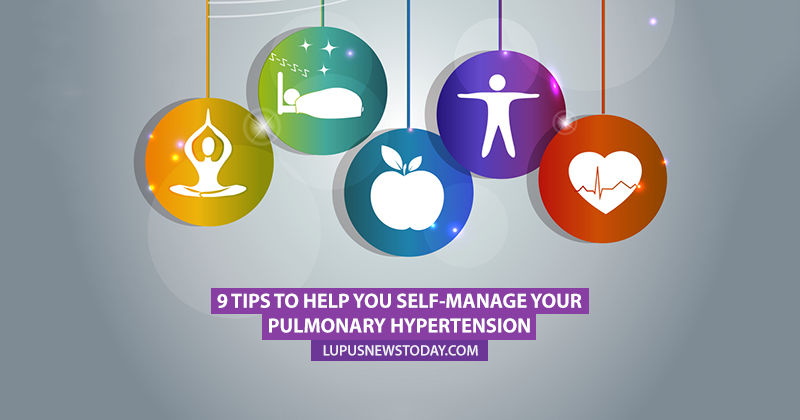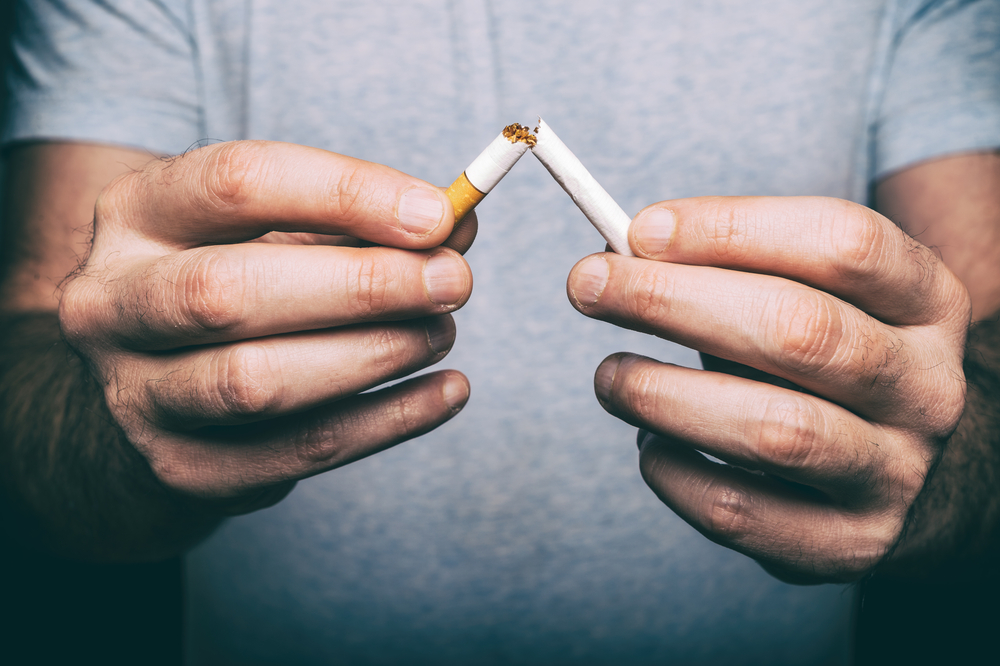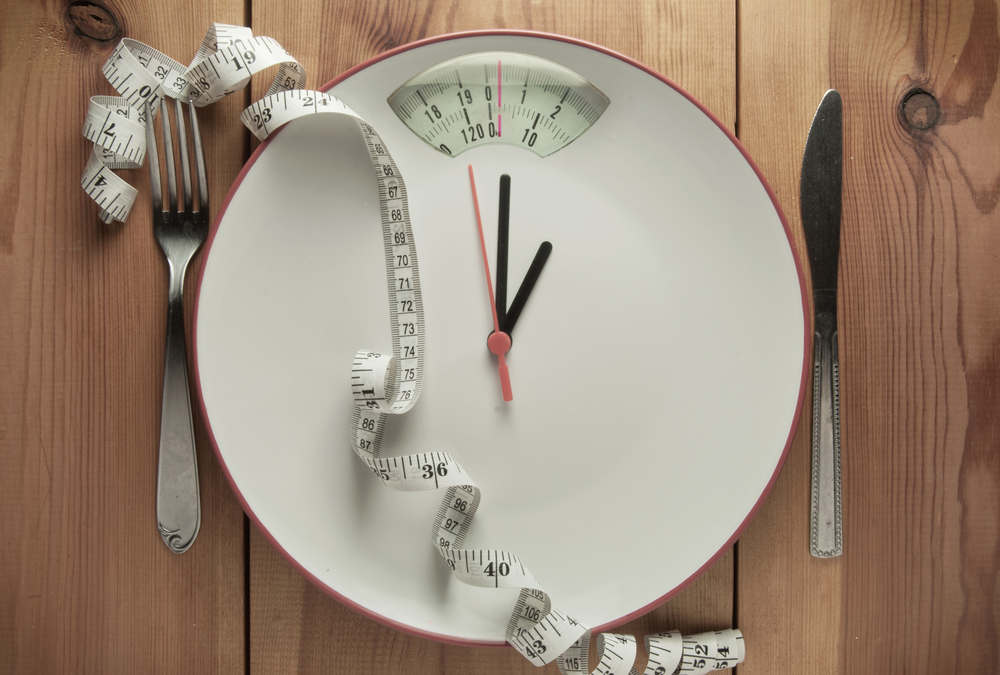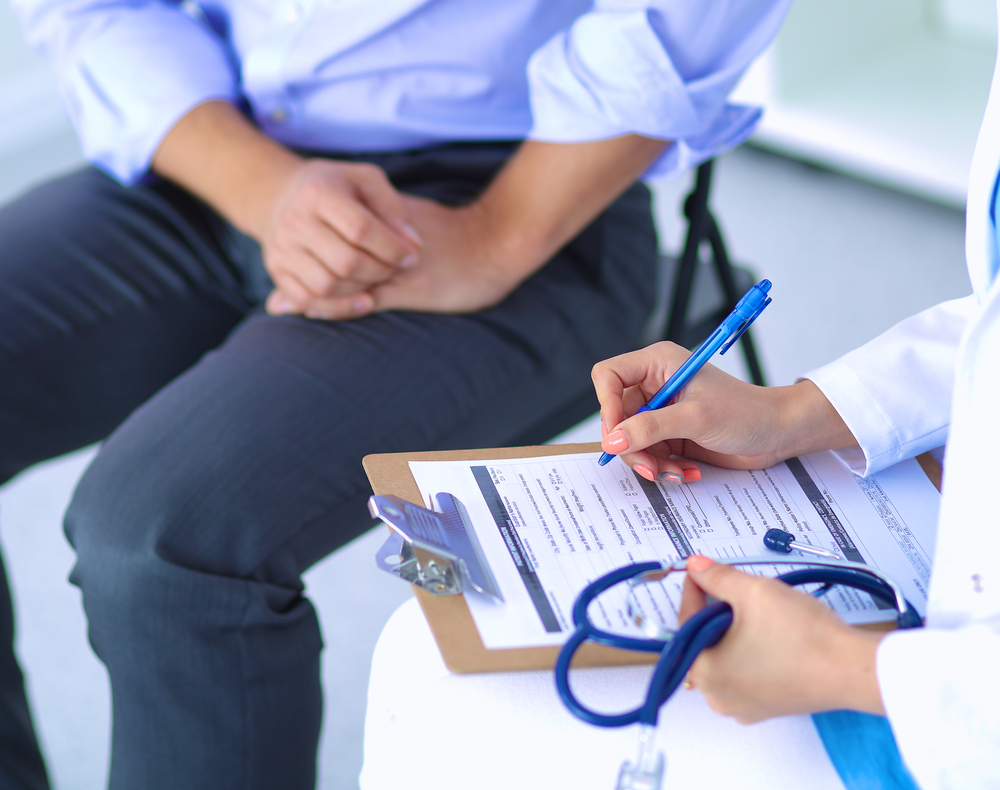9 Tips to Help You Self-Manage Your Pulmonary Hypertension

Currently, there’s no cure for pulmonary hypertension, but there are ways that you can reduce your symptoms and manage the disease to improve your quality of life. We’ve compiled a list of nine ways to self-manage your pulmonary hypertension based on information from the Mayo Clinic:
Rest
As with any chronic disease, pulmonary hypertension can cause severe fatigue. Ensuring that you have plenty of rest and don’t overdo things will help in this area. Make sure you get enough sleep at night and if you feel tired during the day, take a nap if you can.
Read 11 tips to help you sleep better with pulmonary hypertension.
Exercise
Mild to moderate exercise is essential to maintaining overall health. The severity of your pulmonary hypertension will dictate how much exercise you can do, but walking, swimming, cycling and yoga are all good exercises that will benefit you. However, you should avoid any exercise that uses heavy weights or prolonged straining as this can increase blood pressure.
Don’t Smoke
Smoking is bad for you, period. Smoking when you have a chronic lung disease, such as pulmonary hypertension is doing more damage to your heart and lungs. Speak to your doctor about ways to help you quit. Even if you don’t smoke, you will need to avoid being around other people who do.
Read more about the effects of smoking when you have pulmonary hypertension.
Birth Control Pills
Although pregnancy is extremely dangerous for women with pulmonary hypertension, you will need to find alternative birth control as the birth control pill can increase the risk of blood clots, which is potentially fatal for patients with pulmonary hypertension.
Dangers of pregnancy in pulmonary hypertension patients underscored in case study. Find out more.
High Altitudes
Traveling to and living in high altitudes will increase the blood pressure in your lungs and make your condition worse. Avoid traveling to places of high altitude and consider moving if you live at an altitude higher than 8,000 feet.
Avoid Situations That Might Lower Your Blood Pressure Excessively
Saunas, hot baths and showers and hot tubs can all lower your blood pressure which could lead to fainting or even death.
Watch Your Weight
Keep your weight at a healthy level and eat a balanced and nutritious diet, avoiding saturated and trans fats, cholesterol and added salt. Choose a diet that is high in fiber, and eat whole grains, lean meats and plenty of fruit and vegetables.
Check out our list of seven delicious recipes suitable for patients with pulmonary hypertension.
Take Your Medications
Your doctor will prescribe medications to help you with your symptoms and it’s important you take this at the required time and at the correct dosage. Consult with your doctor before taking any other over the counter medicines or supplements as they may interfere with your medication.
See Your Doctor Regularly
It’s important that you keep up with all of your doctor’s appointments to ensure that your medications are working for you, your treatment is correct and they can keep on top of any changes to your health status.
Find out about the future of customized treatment for pulmonary hypertension patients.
Pulmonary Hypertension News is strictly a news and information website about the disease. It does not provide medical advice, diagnosis or treatment. This content is not intended to be a substitute for professional medical advice, diagnosis, or treatment. Always seek the advice of your physician or another qualified health provider with any questions you may have regarding a medical condition. Never disregard professional medical advice or delay in seeking it because of something you have read on this website.
















